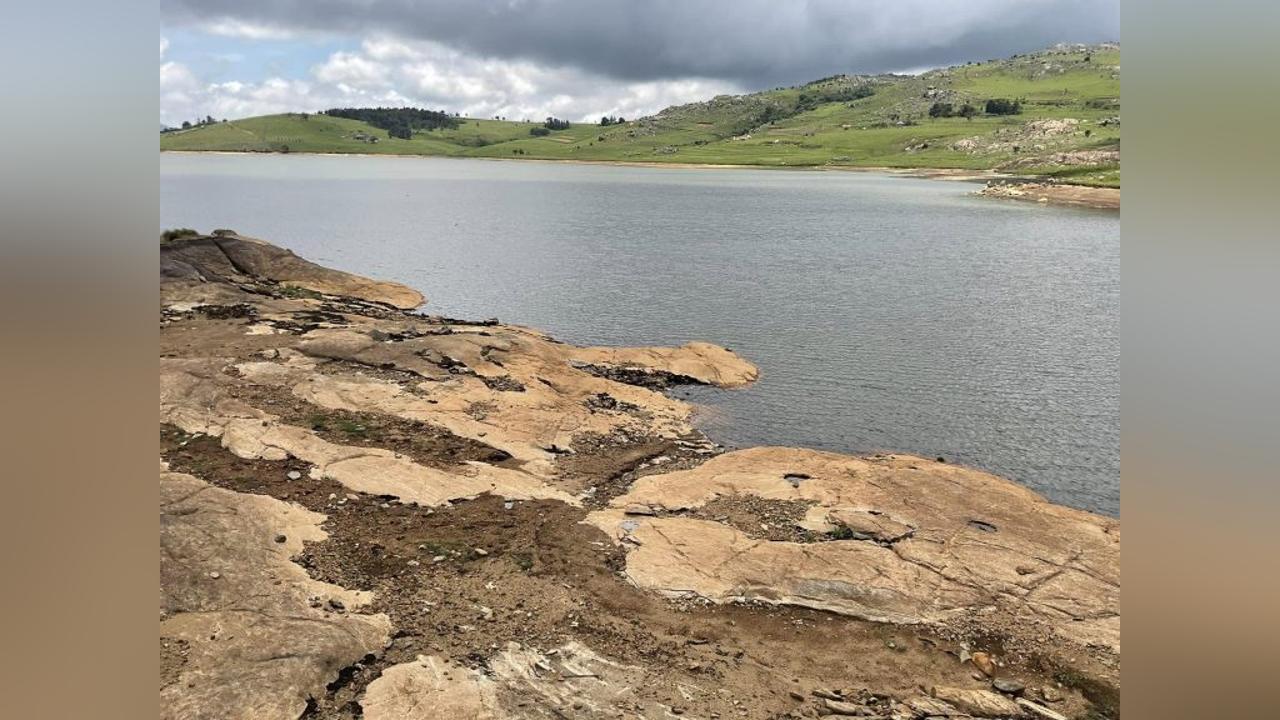Africa-Press – Botswana. Botswana allocates nearly half of its freshwater—about 83 million cubic metres annually—to agriculture. Yet the sector contributes only 1.6% to the country’s formal GDP. This mismatch between water use and output highlights a major inefficiency in how national resources are being used.
Low Output, High Water Use
Botswana ranks among the least water-efficient agricultural producers in the world. Data from the Food and Agriculture Organization (FAO) show the country requires 284 litres of water to produce one US dollar of agricultural GDP. In comparison, countries like Israel and the Netherlands need only 25–40 litres. This inefficiency is especially alarming given Botswana’s vulnerability to drought and water scarcity.
Most Farmers Are Part-Time
Agriculture in Botswana is largely informal and seasonal. Around 400,000 people are engaged in the sector. Of those, approximately 100,000 benefit from government programmes such as ISPAAD and RESET. An estimated 350,000 farm on communal or underutilised land, and about 310,000 are classified as part-time or seasonal producers. This structure leads to low yields, poor water productivity, and limited economic returns.
High Imports, Underused Potential
Botswana’s dependence on food imports continues to grow. The country spends nearly P1 billion each month on imported food—about 15% of total imports. Cereals such as maize and wheat account for a significant portion of this figure, making up 15–18% of food import costs. Prepared animal feed alone accounted for about P53 million in one recent month. Vegetables and roots, which could be grown locally, represented just a small share of import spending, at approximately P21 million.
PULL QUOTE (primary):
“Botswana spends millions annually on imported vegetables, grain, and animal feed even as arable land and skilled labour go underutilised.”
Government Eyes Reform
The government has acknowledged the sector’s challenges. Acting Minister of Lands and Agriculture, Edwin Dikoloti, says full-time, professional farming must be encouraged through targeted support and policy reforms.
“As Minister, I fully support the call to transform farming in Botswana into a productive, full-time profession,” he said. “Agriculture must become a pillar of both food security and economic growth – anchored in water efficiency, market access, and innovation. The Agriculture Sector Policy and NPAD30 that my ministry is completing will provide a clear roadmap. We are committed to targeting support where it matters most: with hardworking farmers ready to lead this transformation.”
Smarter Use of Water
Improving water use efficiency is key. While some pilot irrigation projects have reportedly reduced water use by up to 40% and increased yields, less than 10% of farmers currently use irrigation. Most farming continues under rain-fed conditions with limited technology. Smart metering, performance-based subsidies, and irrigation cooperatives are among the strategies experts recommend to boost productivity.
Closing the Gap Between Policy and Practice
Botswana’s agricultural policy reforms will need to be matched by stronger coordination across ministries, investments in infrastructure, and digital tools to track productivity and resource use. Without these changes, water subsidies will continue to strain public finances with little return, and the country’s dependence on food imports will deepen.
Call to Action
There is room for significant improvement. With efficient use of inputs, better targeting of subsidies, and support for full-time farmers—especially youth and women agripreneurs—Botswana can strengthen its food security and reduce reliance on imports. This is not only a water management issue, but also an economic and national development imperative.
Source: Botswana Gazette
For More News And Analysis About Botswana Follow Africa-Press






